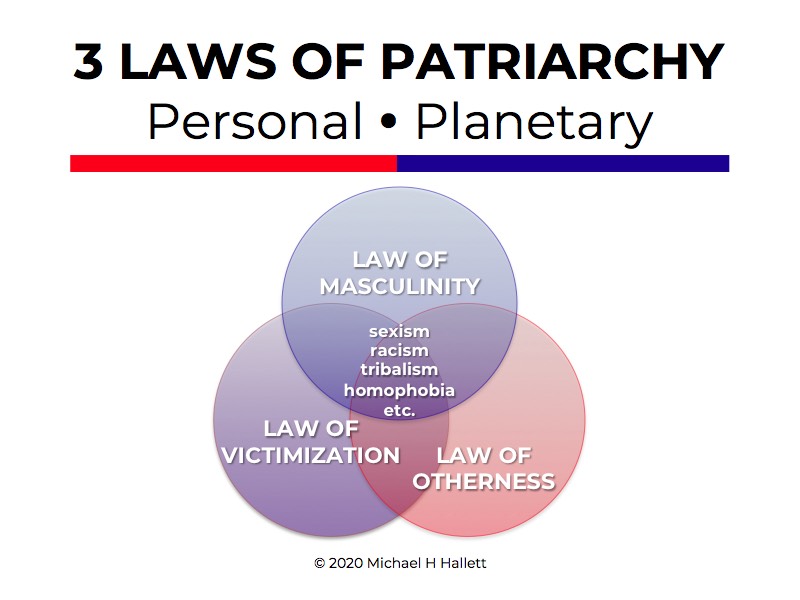Derision, social media, and shaming for entertainment
- 13 July 2023
- Posted by: Michael H Hallett
- Category: Shame ,

The advent of social media has provided a new forum for a very ancient human practice—derision, or shaming for entertainment.
In the opening scene of Albert Hitchcock’s classic spy caper, The 39 Steps, the hero, Hannay, visits a music hall where Mr Memory displays his prodigious ability to memorise facts.
Mr Memory challenges the audience to ask any question. A woman pipes up: “Where’s my old man been since last Saturday?” The audience bursts into laughter. Various people yell insults, provoking further laughter. What we’re witnessing is derision—publicly shaming someone with a difficulty (or difference) as a form of entertainment.
Recently watching this film—very dated yet in some ways still contemporary—I reflected on the way that derision now manifests quite differently.
What is derision?
The Cambridge Dictionary defines derision as “the situation in which someone or something is laughed at and considered stupid or of no value.”
Merriam-Webster notes that it “may also be used to indicate an object of scornful laughter—that is, a laughingstock—as in the line from Lamentations 3:14 of the King James Version of the bible: ‘I was a derision to all my people.’”
Neither of these definitions recognises a critical aspect of derision: it’s never random.
The “someone or something” to be laughed at is mechanically chosen according to the unconscious judgment of the derider. Whatever they disapprove is fair game for derision—and for their own entertainment.
These unconscious choices are based on what I term the 3 Laws of patriarchy:
 1. The Law of Masculinity states that the masculine rules the feminine;
1. The Law of Masculinity states that the masculine rules the feminine;
2. The Law of Victimization states that the stronger can victimize the weaker to the extent that they can get away with it;
3. And the Law of Otherness states that those who are ‘other’ can be victimized to the extent of their otherness.
Race and gender are the two most distinctive forms of otherness. Culture, language, religion, dress, politics, class/caste and sexuality are also distinguishers. A person can satisfy the traits of the dominant social group yet be derided for disapproved behaviour.
The weaker and the more ‘other’ another group or person is perceived to be, the more the victimizer considers it desirable to deride them as a form of entertainment.
Derision, shame, and patriarchy
The quote from Lamentations shows that derision is a very ancient practice—and all ancient practices served social ends.
The Cambridge Dictionary definition above misses they key point about derision: it was originally a social engineering tool. Laughing at—deriding—those who didn’t behave in accordance with the perceived social good was a powerful behavioural incentive.
Derision is part of the emotional armoury that creates and maintains patriarchy, as other bible quotes reveal:
“Your words have silenced others and made them ashamed; now it is only right for you to be put to shame.” (Job 11:3)
“You will be disgraced and put to shame because of your disgusting sins.” (Ezekiel 16:52)
The connection with disgrace highlights what the shamer/derider gets from derision: a sense of superiority; a higher standing in the social pyramid than those they deride.
People use perceived superiority over a targeted laughingstock to make themselves feel better in a patriarchal society where a healthy psychic state is not only impossible but actively forbidden.
Cyberbullying
While derision is an ancient practice, it has recently manifested in a very modern form—as cyberbullying.
VeryWellHealth.com defines cyberbullying as “the act of intentionally and consistently mistreating or harassing someone through the use of electronic devices or other forms of electronic communication (like social media platforms).”
The advantage of social media—from the bully’s perspective—is the physical distance from the target of their derision. They can hide behind both computer screen and an anonymous login, safely venting derision at their leisure.
While social education programs and even Artificial Intelligence may be brought to bear on what we might term ‘cyber-derision’, its ancient roots reveal that it won’t be eradicated until the entire psychic basis of society shifts onto a psychologically healthy foundation.
Image generated using Fotor AI
